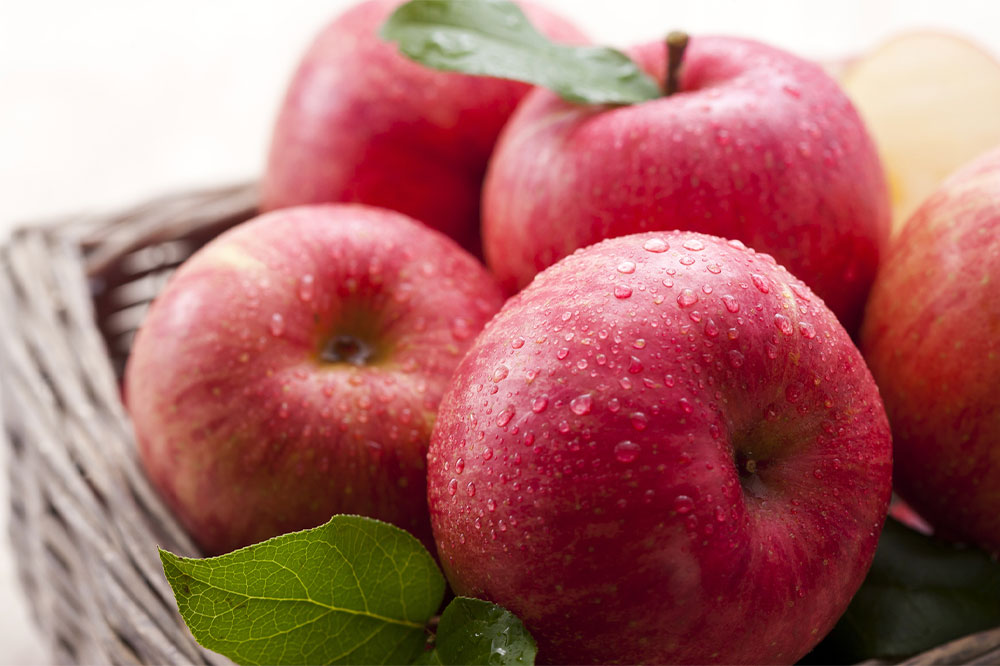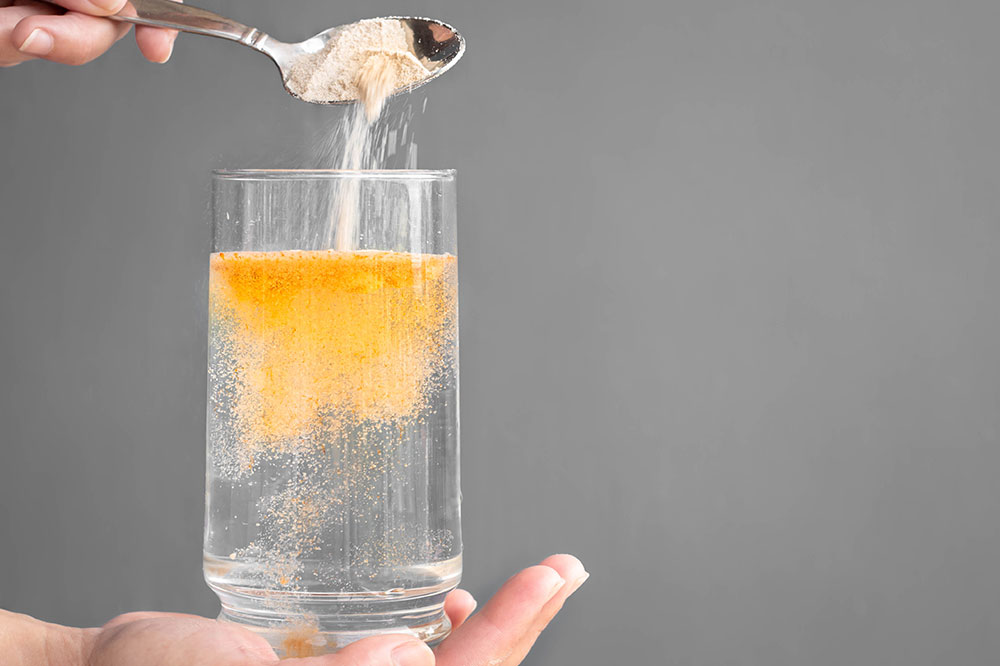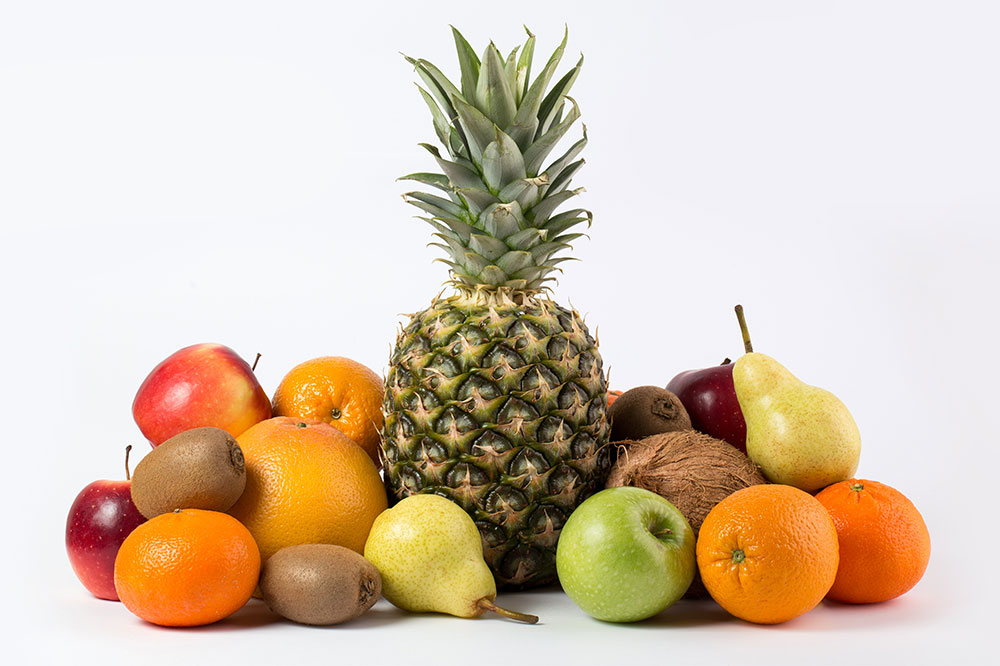4 ways to relieve constipation

When constipated, one’s bowel movements become difficult and infrequent. People with constipation find it challenging to pass stool and can experience hard stool, bloating, or even nausea. Not having enough fiber or fluids can cause constipation, and factors like pregnancy, traveling, sedentary lifestyle, and stress can also increase the risk of developing this condition. Constipation is usually treatable and can be managed using the following treatment options, foods, and lifestyle changes:
Treatment options
Doctors can prescribe laxatives and other such options based on the severity of the condition. Here are a few popular options to treat constipation:
Linzess: This increases the fluid content in the intestines, which accelerates the food movement through the gut. It also helps improve stool consistency and eases symptoms like discomfort, abdominal pain, straining, bloating, and feeling of incomplete bowel movements. Doctors recommend taking Linzess orally, at least half an hour before one’s first meal.
Movantik: This option is prescribed to cure the kind of constipation that is a side effect of other treatment options that target non-cancer pain. Movantik curtails the impact of the other prescription treatments on the gut without blocking their effect on pain. This is an oral prescription treatment that should be taken on an empty stomach an hour before a meal or two hours after one.







